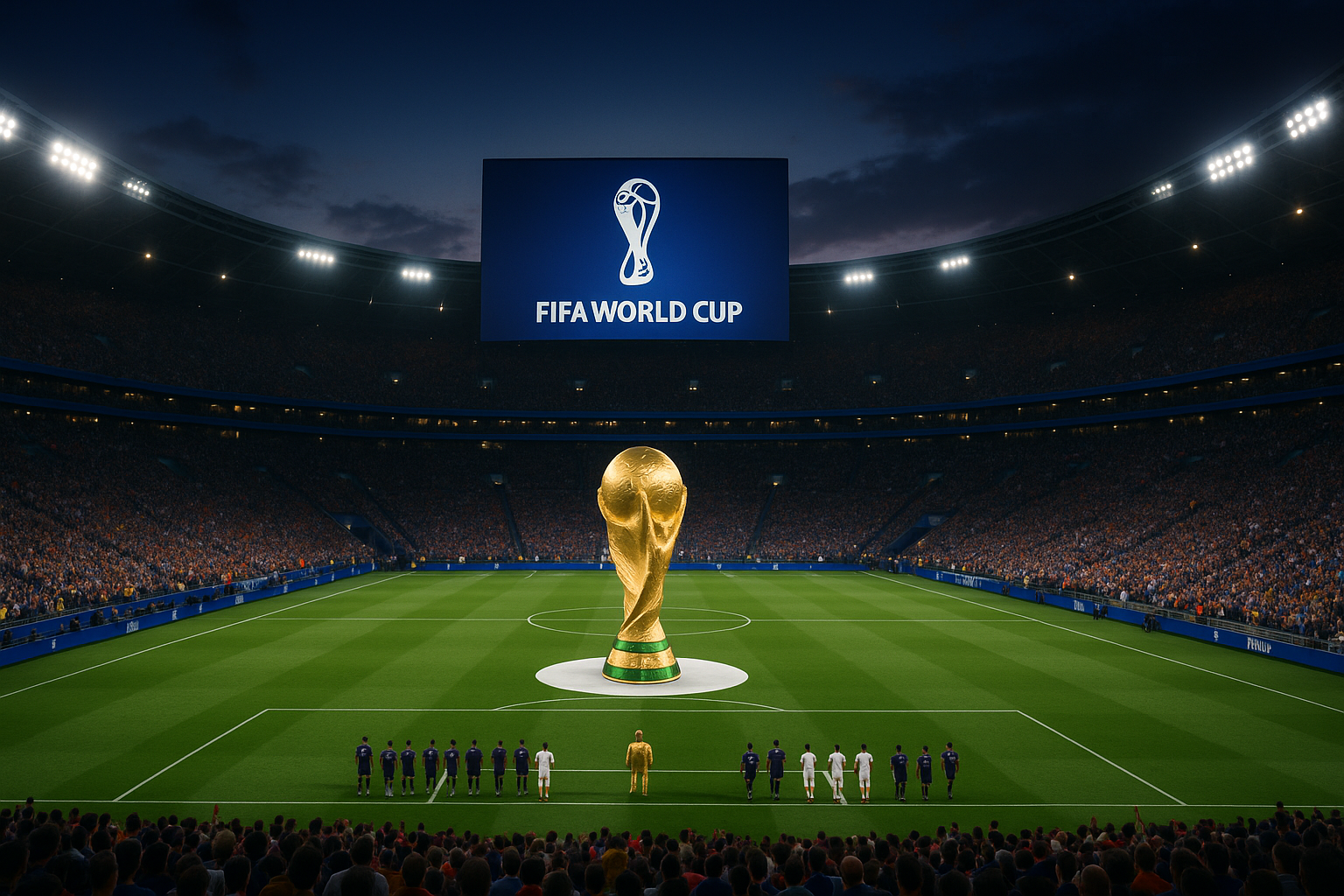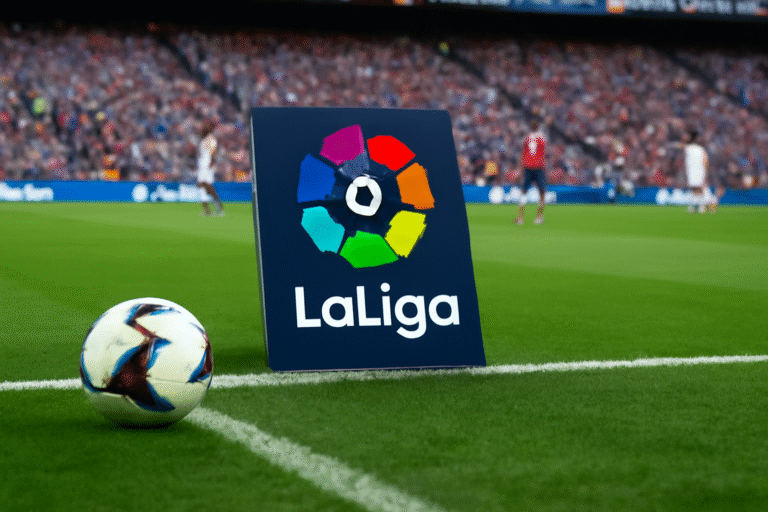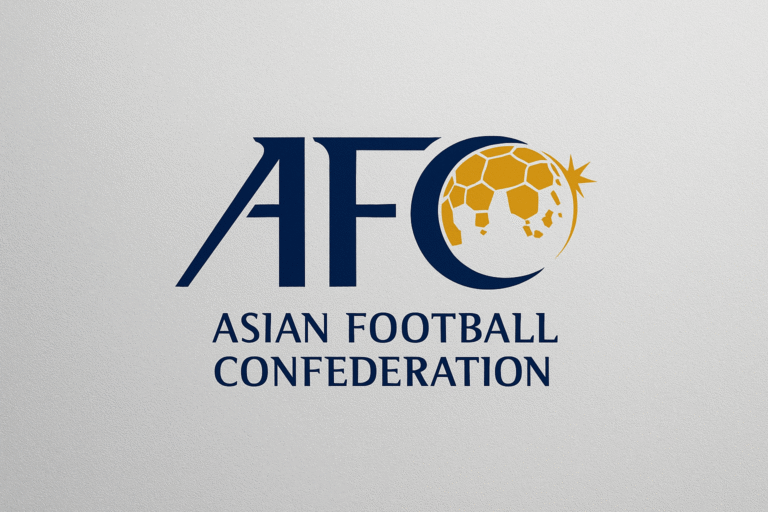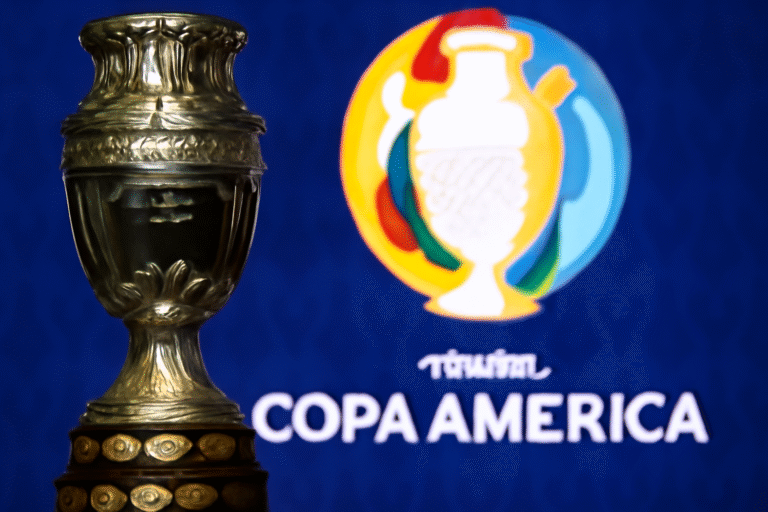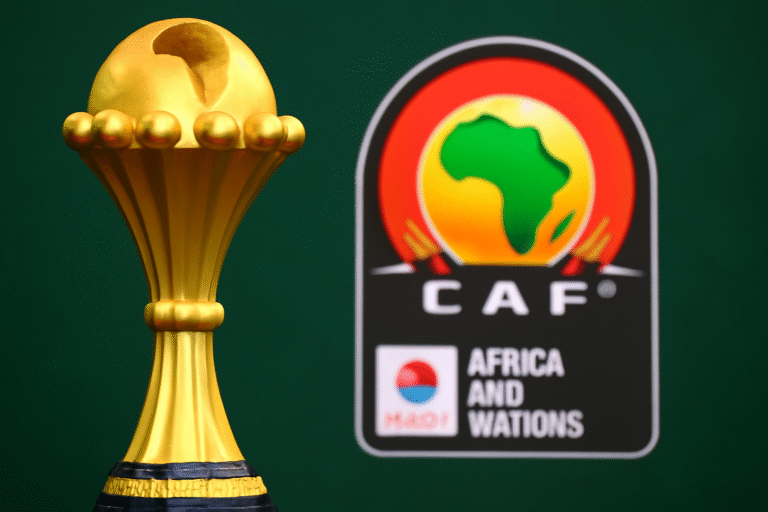FIFA World Cup: A Complete Guide to the Prestigious Tournament
The FIFA World Cup is the most prestigious football tournament in the world. Held every four years, it gathers the best teams from across the globe to compete for the title of world champions. Whether you’re a football enthusiast or a casual viewer, the FIFA World Cup offers an exciting display of talent, passion, and national pride. In this blog post, I’ll take you through the history, importance, and structure of the FIFA World Cup, as well as what makes it such a unique event.
What is the FIFA World Cup?
The FIFA World Cup is an international football competition contested by the senior men’s national teams of the members of FIFA, the sport’s global governing body. This event is held every four years and is considered the pinnacle of football (soccer) competition, attracting millions of viewers from around the world.
The tournament first took place in 1930 and has been held regularly since, except for during World War II. The FIFA World Cup is unique in its ability to unite people from different countries, cultures, and backgrounds with a shared love for the game of football.
The History of the FIFA World Cup
The idea of the FIFA World Cup was conceived in the early 20th century as the international community sought a way to bring together the best national football teams. The first FIFA World Cup was hosted in Uruguay in 1930, and it marked the beginning of a tournament that would go on to become the world’s most-watched sporting event.
Since its inception, the FIFA World Cup has seen multiple teams rise to prominence. The tournament has featured incredible players such as Pele, Diego Maradona, Zinedine Zidane, and Lionel Messi, who have made unforgettable contributions to the sport.

Wanna explore much more related to Football, Golf, Cricket, and all popular sports?
Visit us today at Sportsinfoo.online
How the FIFA World Cup Works
1. Qualification Process
Before teams can compete in the FIFA World Cup, they must go through a qualification process. This involves regional qualification rounds held in different continents (e.g., UEFA for Europe, CONMEBOL for South America, and CAF for Africa). The qualification process ensures that only the best teams from each region earn a spot in the tournament.
2. Tournament Format
The FIFA World Cup tournament consists of multiple stages:
- Group Stage:
The 32 qualified teams are divided into eight groups, and each group features four teams. In the group stage, teams compete in a round-robin format to earn points (3 for a win, 1 for a draw, 0 for a loss). The top two teams from each group advance to the knockout stage. - Knockout Stage:
After the group stage, the tournament moves into the knockout phase, where teams compete in single-elimination matches. If a match ends in a draw after 90 minutes, extra time and penalty shootouts are used to determine the winner. - Final:
The two teams that make it through the knockout rounds face off in the final match to determine the winner of the FIFA World Cup.
3. Host Nation
Each edition of the FIFA World Cup is hosted by a nation chosen by FIFA. Hosting the World Cup is a huge honor and comes with significant economic and infrastructural benefits. The host country is responsible for preparing the stadiums, accommodations, and other logistics to ensure a smooth tournament.
For example, Russia hosted the 2018 FIFA World Cup, while Qatar will host the 2022 edition. The selection of the host nation is based on various factors, including the country’s ability to meet the demands of hosting such a large event.
The Importance of the FIFA World Cup
The FIFA World Cup is more than just a football tournament; it’s a cultural phenomenon. It brings together nations from every corner of the globe, and the excitement surrounding the event is palpable. Here’s why the FIFA World Cup is so important:
- National Pride:
For many countries, winning the FIFA World Cup is a matter of national pride. It gives teams the chance to showcase their talent and bring glory to their homeland. - Global Unity:
The tournament unites people from different cultures and backgrounds. Football fans across the world gather to watch, cheer, and celebrate their teams. - Commercial and Economic Impact:
Hosting the FIFA World Cup boosts the economy, bringing in tourism, job opportunities, and a massive increase in global media attention.

If you're interested in Tennis passion and power, explore now
Key Moments in FIFA World Cup History
Throughout the tournament’s history, there have been countless unforgettable moments. Here are just a few:
- Pele’s Hat Trick:
In the 1958 FIFA World Cup, Pele made history by scoring a hat trick in the final, securing Brazil’s first-ever World Cup victory. - Diego Maradona’s ‘Hand of God’:
In the 1986 World Cup, Diego Maradona scored one of the most controversial goals in history, later calling it the “Hand of God.” - Zidane’s Headbutt:
In the 2006 final, Zinedine Zidane headbutted Marco Materazzi, which led to his red card and left a lasting mark on the tournament.
The Future of the FIFA World Cup
As the FIFA World Cup continues to evolve, several changes are on the horizon. One of the most significant changes is the increase in the number of teams from 32 to 48, starting in 2026. This expansion will allow more countries to participate and will undoubtedly increase the tournament’s global appeal.
The FIFA World Cup will continue to be the premier event in world football, bringing joy to millions of fans around the world. The future is bright for the tournament, and it will be exciting to see how the game evolves in the years to come.
Final Thoughts:
The FIFA World Cup is much more than a football tournament—it’s a celebration of the sport, global unity, and national pride. Whether you’re a lifelong fan or just tuning in, the FIFA World Cup promises thrilling matches and unforgettable moments. Be sure to stay updated and witness history unfold in every match!
